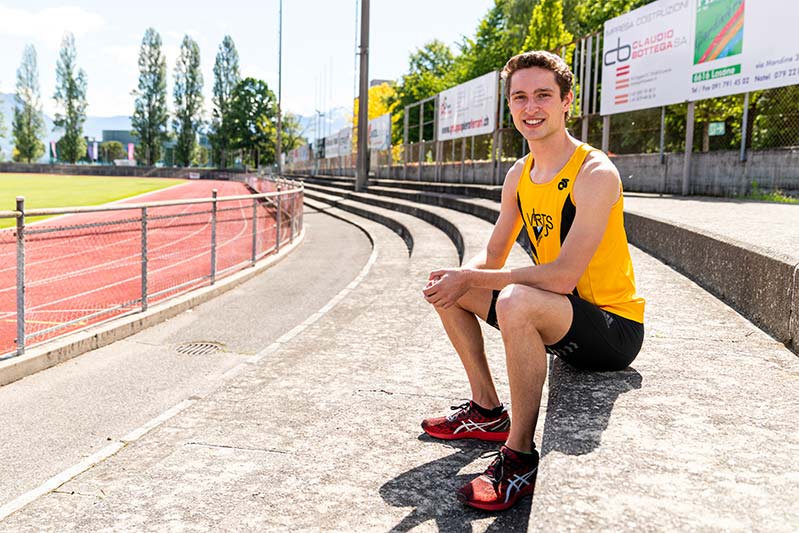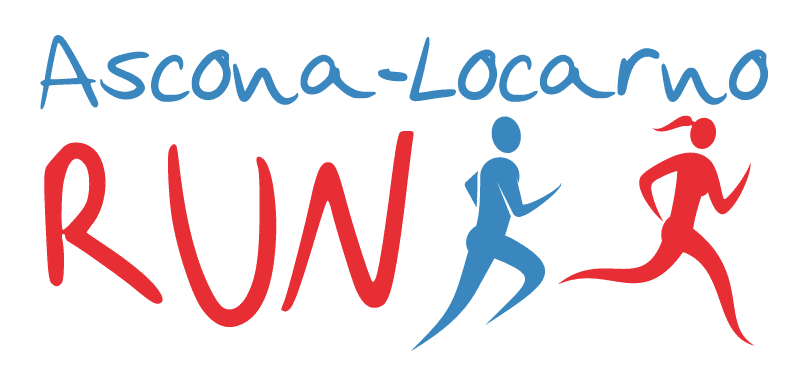© foto Garbani
What are the most difficult moments during a race? We asked Silvio, who also tells us about his future plans, both competitive and professional. Silvio will take part in the 5 km Sunset Run, a beautiful distance accessible to everyone. And what about you? Have you already registered for the Ascona-Locarno Run?
Enjoy your reading!
What are your next competitive goals?
It is important to have goals at this particular time. I’m looking forward to the summer races and, since I don’t have the chance to do the junior ones anymore, I’m concentrating on the times I want to achieve. I would like to do 1’49.99 in the 800 m, maybe not this year but next year. As a team, we are preparing a couple of competitions as the VIRTUS-US Ascona athletic community in relay races or team competitions.
Who do you have to thank?
Definitely my parents who have always supported me in my choices and have done everything possible to allow me to pursue them, without their support I would not have got where I am.
My coaches, from whom I have learned so many different things, and from this together the athlete that I am is born. If I have been able to achieve certain results it is also thanks to them.
My training partners, who push me to give my all in every workout even when I’m not motivated. When you train together, everything is better! That’s why I recommend going for a run or doing sport with a friend, a sports partner.
Did you have a dream as a child?
They remain dreams…. To tell you the truth, I never dreamed of becoming an Olympic champion. I wanted to be like Roger Federer! I played tennis in primary school, but I wasn’t particularly talented. I dreamed of winning Wimbledon!
In middle school, I started to be more realistic and to dream of something that was attainable. I dreamed of studying mathematics and becoming a teacher.
In primary schools, I wasn’t particularly good at school, as the report cards show (laughs). In middle school I started to do a bit better, I found maths fun. In high school, it was more of a challenge to myself and I started to appreciate the inherent beauty that mathematics and physics are built with.
In my opinion you are fulfilled if your work is what you enjoy doing.
Why mathematics and not physics?
That’s a good question, I had the doubt and it’s still not easy to answer because what I’m doing in maths is also extremely physical (theoretical physics).
I originally chose mathematics because it is built from the bottom up, like a house that you go up from the foundations up, whereas physics is not built like that, you see something and you investigate, you try to understand it and you don’t always start from the foundations and go up, sometimes you go by trial and error. After four years of study, I realise that even this differentiation has its limits. It may sound paradoxical but explaining to someone even the basic ideas of what we study in our courses is still very difficult for me.
I personally think that mathematics without physics could not exist and vice versa. What I am studying now is, for example, a branch of mathematics that owes a lot to Einstein’s Theory of Relativity.
What are the job opportunities for a mathematician?
Some work in banks or insurance companies to develop risk models or forecasts; others do consult work to solve problems. What our study definitely teaches us is to work in an abstract way; in many sectors we are interesting workers because we are able to abstract situations and look at the big picture. People who do statistics often go into artificial intelligence companies like Google or Facebook; others stay at university and do research, which is what I would like to do.
You are going to do a thesis in geometry, and you would like to stay in Academia. Wouldn’t you be interested in working in the field of artificial intelligence?
I took courses in this field at university, and, in my spare time, I do online competitions with friends. One of the competitions we took part in, for example, involved providing medical data and predicting the development of a disease. These are interesting studies, but now I do not see my future in this field, also because over 35 you are already ‘old’, these fields evolve so quickly that it is difficult to keep up unless you are really at the top.
Moreover, the whole theory of artificial intelligence is based on many other results from various branches of mathematics. The first example that comes to mind is Lagrange multipliers, which come from the subject I am most interested in: geometry.
Do you have any regrets?
I like to think not, when I make decisions, I try to live with them without ifs and buts.
And at a competitive level?
I have often wasted opportunities, but you learn when you make mistakes, and this has helped me because I have subsequently managed to take others.
When did this happen? One episode in particular?
In the winter of 2016/2017, I had everything I needed to win or get on the podium at the Swiss Indoor Championships, but I did not even make it to the final by 1/100th because I went too slowly in qualifying. I said to myself: ‘let’s go slowly in qualifying because then I’ll be fresh’ … and I did not qualify. If I had qualified maybe, I could have won, but with ifs and buts you do not go anywhere.
I have learned that it is important to hold back a bit, but at no cost to risk the chance of getting into the final.
What advice would you give to a person taking your path? Whether it is competing and studying or competing and working.
It takes dedication. You can only reconcile these two aspects if you enjoy what you are doing. To want to do it, you must feel joy in what you are doing. From the outside, people only see the good things, the victories, the good results, etc. There are also defeats and sacrifices, which you can only do if you find joy and pleasure in the whole process. I believe that fun and motivation are the most important aspects.
What are the most difficult moments in a race?
Generally speaking, between the middle and three quarters of a race. In the 800 m, for example, from 400 m to 600 m is the worst time, you’re not as fresh as you were at the start, but you still can’t see the finish line… you have to grit your teeth!
This also applies to longer distances. For example, in the 10 km, between the fifth km and the seventh km it is very difficult, you start to feel your legs, you are no longer as motivated, you start to get tired and no longer keep the pace.
Luca Foglia, Ticino marathon record holder, once told me that the 20-mile wall in the marathon is a tough point, after that you are on your way to the finish.
This point is where you win races as well as the final sprint.
Why should you absolutely come to the Ascona-Locarno Run?
Because you have the possibility to run in a beautiful place. I have run in many places but running here is really unique as a landscape and moreover the period in which it takes place is optimal, it is neither hot nor cold.
These are the ideal conditions for racing.
When did you participate in the Ascona-Locarno Run?
In 2018 I did the 5 km and came second! This year I would like to take part, I am training. I would also like to involve a couple of friends and run the 5 km Sunset Run.
It’s a nice distance, accessible to everyone.
End of interview.




